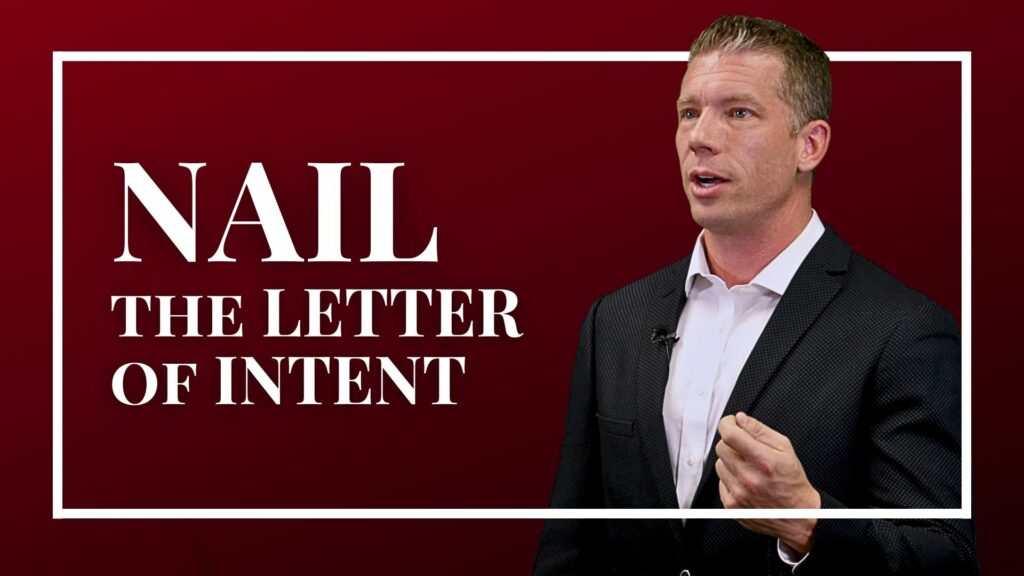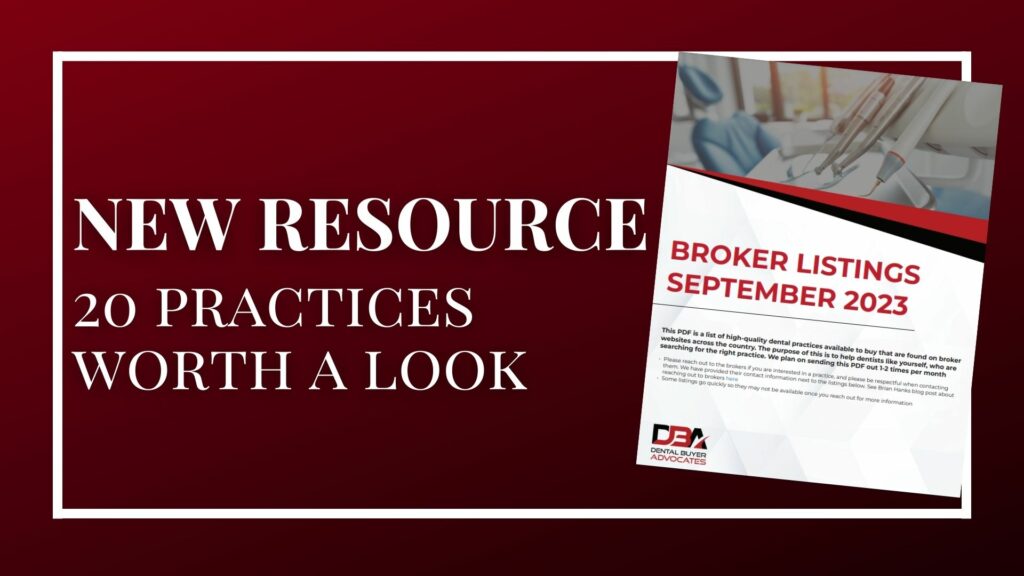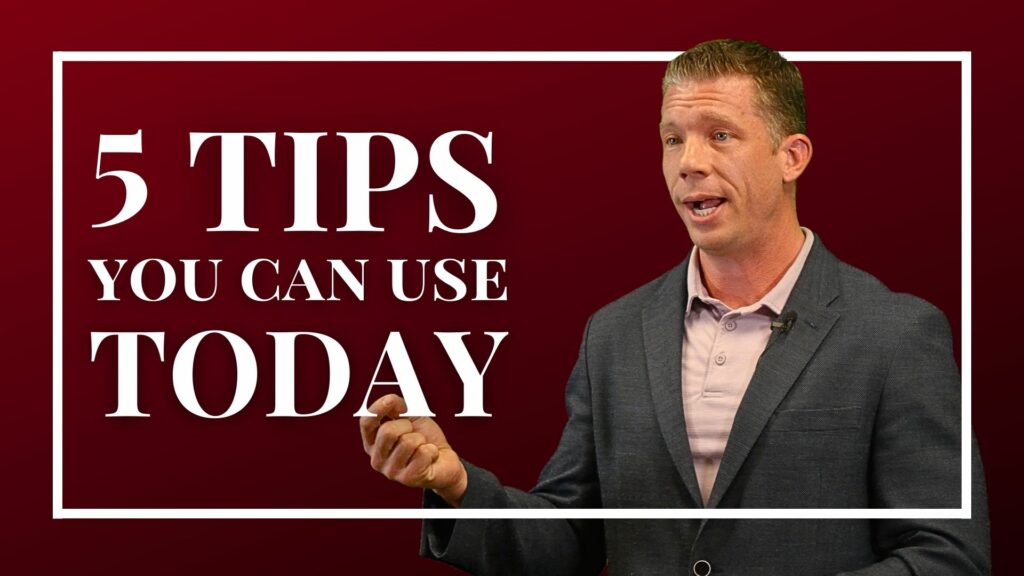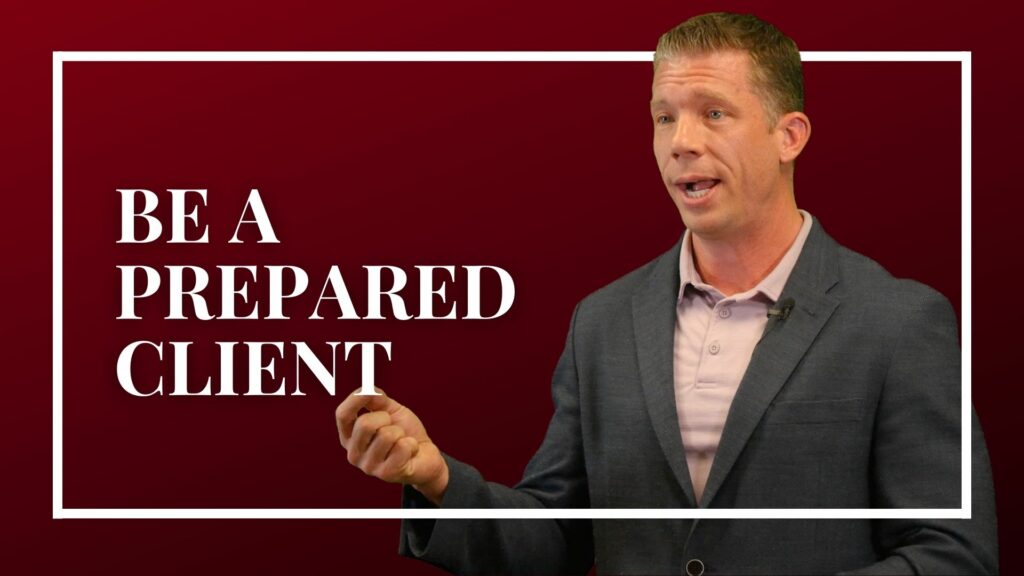The Letter of Intent is a vital part of the process of buying a dental practice. This isn’t the first step in buying a dental practice, but it is an important one to get right.
Of all the questions I get from dentists, the ones around finding a practice to buy are the most common by far.
Every month I’ll put together a list of 20 practices that are worth taking a look at. Here’s how to get it.
Here are five things you can start on today to be ready to buy your dream practice.
Here are five things you can start on today to be ready to buy your dream practice.
My number one financial tip for new dentists can be summed up in one word:
WAIT.
It’s one word, but it means a couple of different things.
If you’re going to own a dental practice, will you have to become an expert business owner? Nope! But if you do this simple thing and focus on reviews, it can help kickstart your career and keep the patients coming through the door.
The difference between being prepared or not is the difference in how much stress you’ll go through in your transition process. (I often talk about networking with “gray-haired dentists”; don’t become one of them before your time.)
Let me tell you about two clients. Both true stories, one bad, one good.
Ever gotten a letter from the IRS? It doesn’t even matter what the letter is, just seeing it in your mailbox will make your throat catch, your heart spike, and your hands shake.
That’s why you want a great CPA. Here’s how to find one.
The average dental practice owner makes about $150,000 more per year than the average associate. And the numbers get WAY better from there.
Starting the search for a practice to buy can feel like staring over a cliff edge into a black abyss. You don’t know what’s down there, so jumping is scary.
Take the leap now.
Here’s why.
Here are the top 3 three things I look at when I’m helping a client assess a potential practice to buy.















